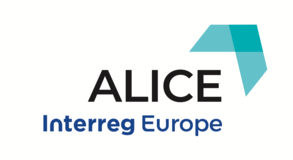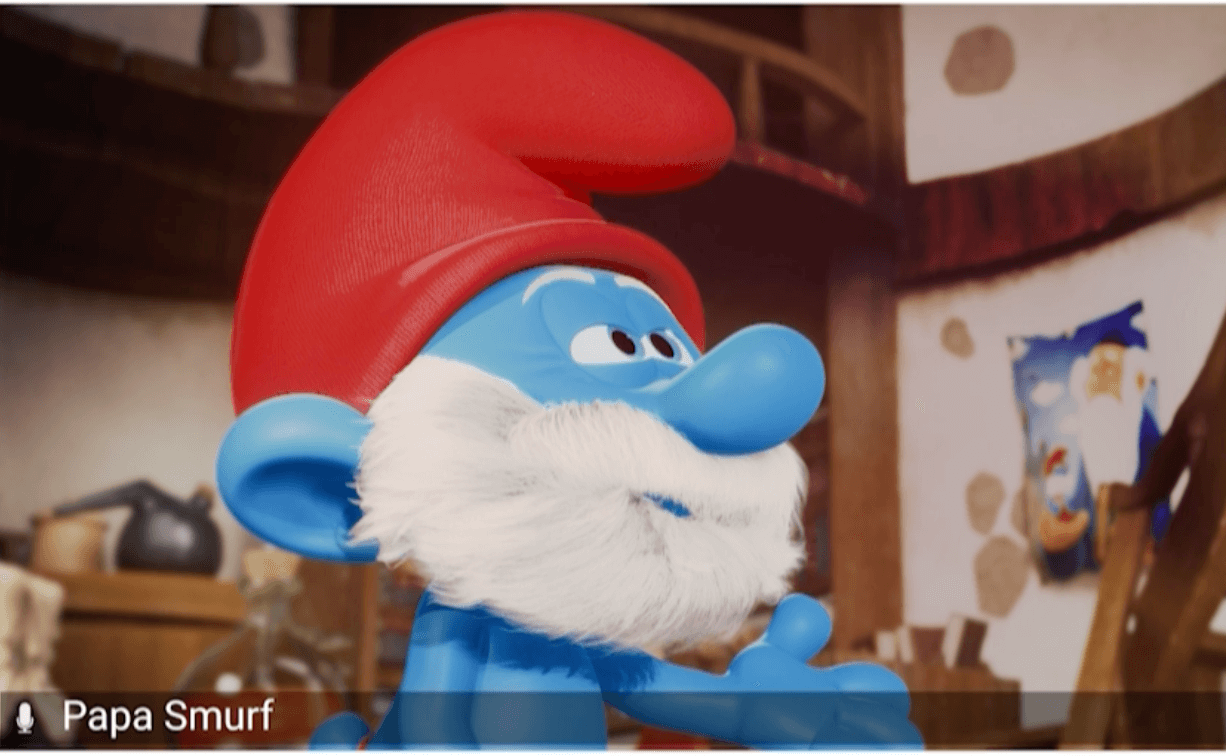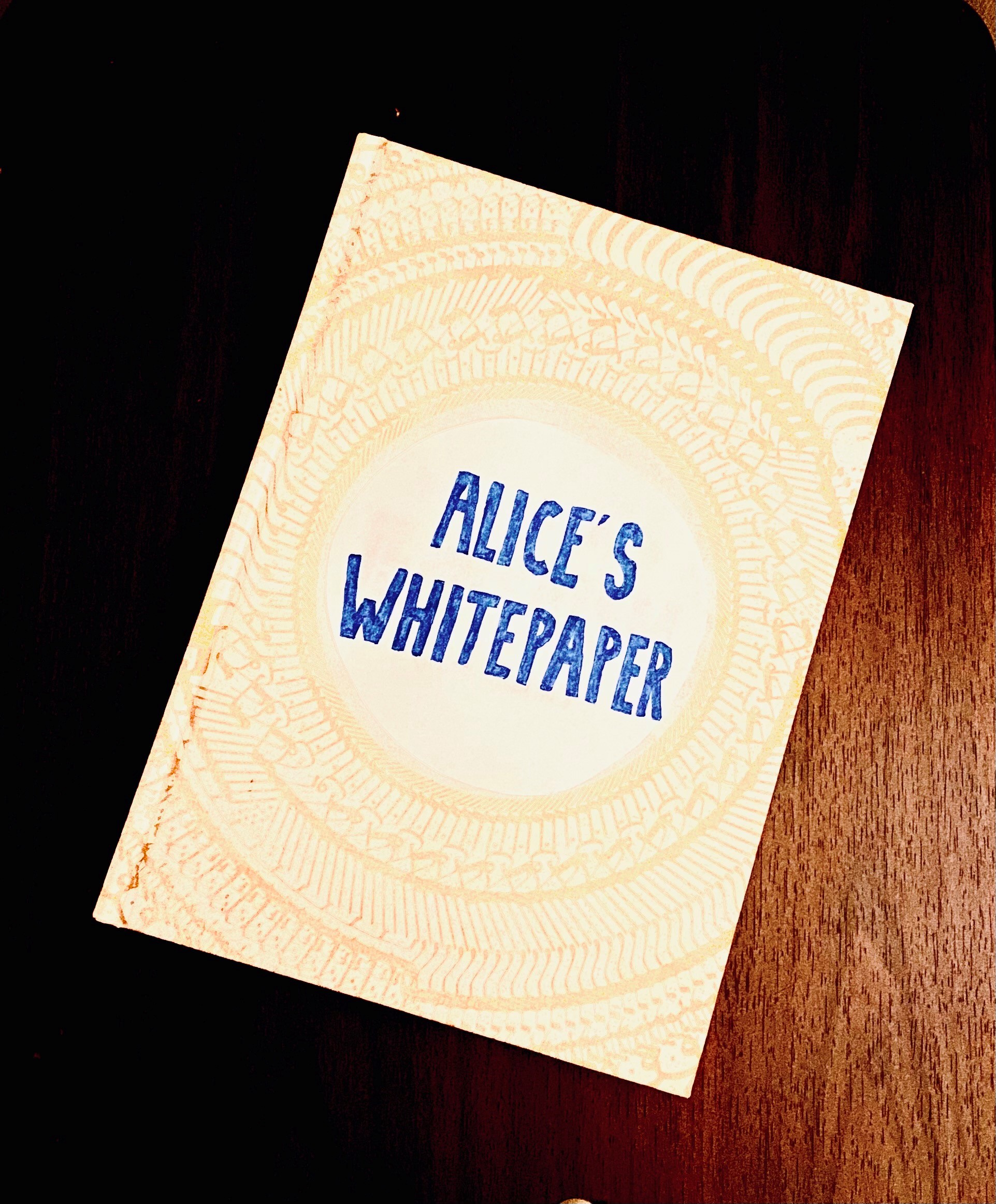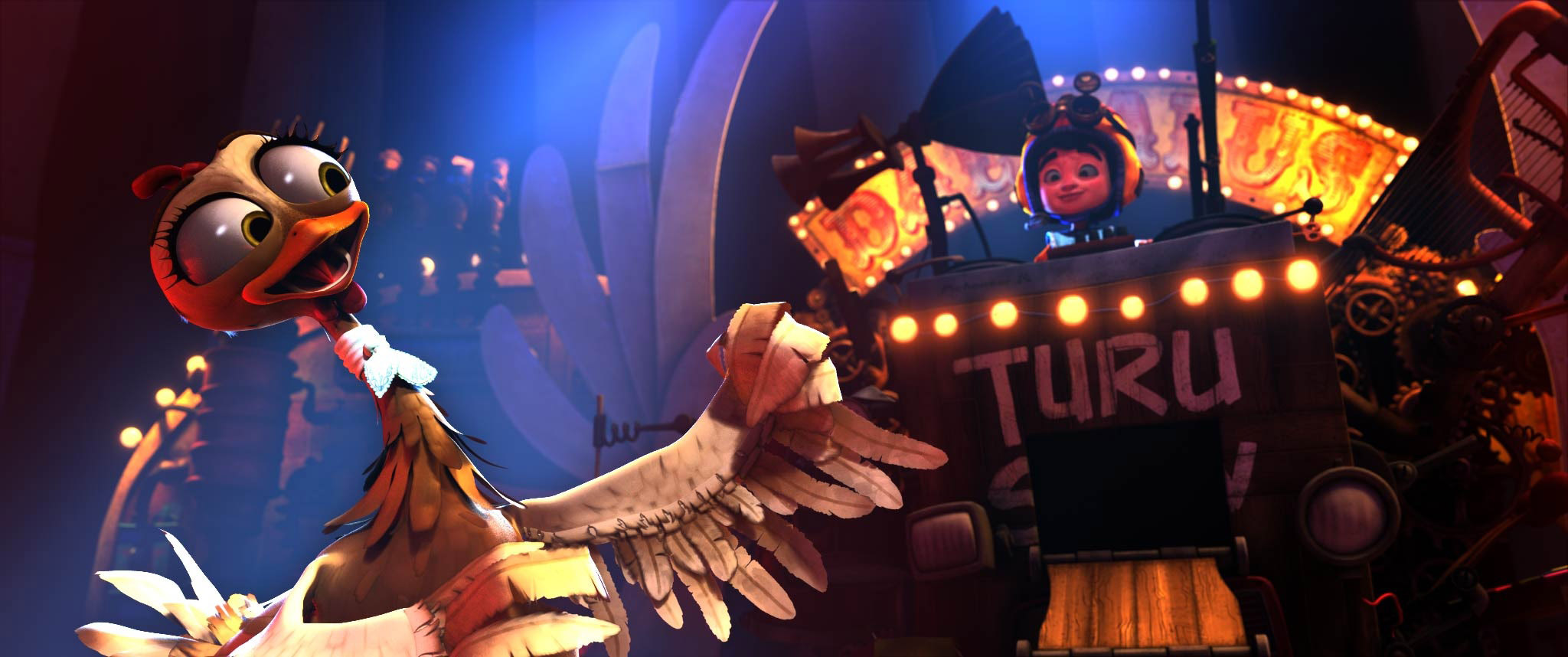According to European Audiovisual Observatory, EU animated films account for only 3% of total film ticket sales. In Europe, 72% of the tickets sold for animated films are US productions. In a world where the quality of European talent and stories is widely recognized, one can legitimately wonder what European animation lacks to be competitive.
On 18 February 2021, Philippe Reynaert introduced the ALICE project at the Belgian animation festival Anima through an expert discussion on the barriers and solutions to co-production of animated films in Europe, and what needs to be done to help European creators deliver impactful projects that attract audiences. The presentation included a business case: the animated multimedia co production ‘Dinogames’. Speakers also included Dinogame’s co-director and producer Carlos F. de Vigo, and Catherine Vernon, entertainment lawyer at Taylor Wessing and legal advisor for ALICE.

DinoGames is an innovative film mixing techniques of animation and gaming, and combining references to The Goonies, Jurassic Park, Gremlins, Jumanji and the tv series Stranger Things. Co-produced by Kakuru Sam in Navarre, ‘Belga Productions’ in Belgium and ‘Apple Film Production’ in Poland, the project was specially designed to offer a new type of audiovisual experience to a generation of fans of the classics and gamers.
For Carlos F. de Vigo, the main lesson learned from their experience coproducing DinoGames is the necessity of governments’ commitment to enable European projects to stand out in such a competitive market. (Co) Producing an animated film is a long-term project. It requires tremendous creative talent but also investment in research and development, the ability to manage long-term partnerships and an extraordinary agility in order to adapt to a constantly changing market environment. Independent animation companies can only keep up with a substantial involvement from their governments, which should both support initiatives locally and facilitate international strategies.
The second lesson learned is that regions must speak to each other to create a competitive ecosystem for the animation industry across Europe. Supported by a strong creative vision and committed partners, Dinogames led to the rapprochement of Wallonia (Belgium) and Navarre (Spain). In December 2020, the two regions signed a Memorandum of Understanding paving the way for future collaborations. The agreement aims at promoting co-productions of animated films and series between the two regions through harmonized funding rules, as well as common training and R&D programs. As such, it tackles a number of issues that are widely recognized by the industry as being major challenges for co-producing in Europe.
The third lesson learned, stressed in conclusion by Catherine Vernon, is that a successful co-production is a long-term collaboration that is only possible with the right co-producing partners. The producers involved in the project should share the same artistic and strategic approaches, in addition to bring in complementary skills. They should also make sure that their teams speak to each other, in a collective effort to make things work.
As Philippe Reynaert summarized, the success of a co-production lies in local action, global thinking, creativity and effective partnerships. Moving forward, the ALICE project will continue to refine policy proposals to unlock collaborations within the European animation and therefore, the full potential of a growing industry.




